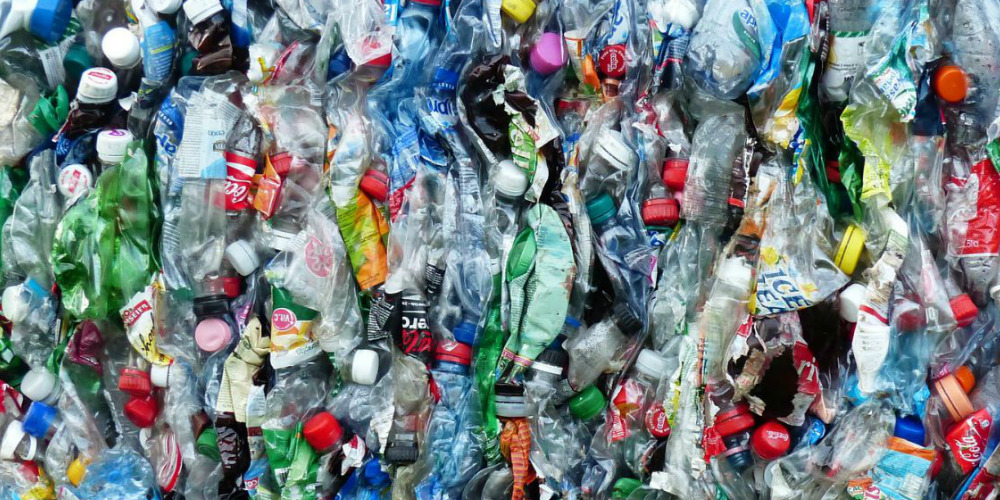A Government report has called for a UK-wide deposit return scheme (DRS) that would make retailers responsible for handling empty bottles.
The Environmental Audit Commons Select Committee accepted that retailers have "serious and legitimate concerns” about the initiative, but said: “A well-designed deposit return scheme can overcome these concerns.”
Advising the committee, ACS CEO James Lowman said each convenience store would handle around 180 drinks containers every day if the system was introduced. He said this would cause "very significant costs” for store owners.
With Scotland and Wales already planning to implement deposit return schemes, EU legislative pressure on plastic waste and environment secretary Michael Gove supporting a UK-wide scheme, there is strong political support for DRS.
The ACS had previously said DRS schemes were unworkable for convenience stores, but its position softened in evidence given to the select committee where it said "incentives for smaller stores” might help create an effective scheme.
The committee suggested a 10-20p deposit per bottle that would be reclaimed by the consumer when the bottle is returned at a collection point. It supported forcing all places selling plastic bottles to accept returns, though it did propose an exemption for small shops.
Around 40 countries and 21 US states have introduced a deposit return scheme, though research by Retail Express discovered many convenience trade associations in these countries believed the scheme harmed smaller retailers.
Retailers are split on DRS. Some are concerned about the cost of bottle return machines, hygiene, store space and operating costs, while others see it as a potential revenue stream, a driver of footfall and part of a retailer’s obligation to their local community.



Comments
This article doesn't have any comments yet, be the first!